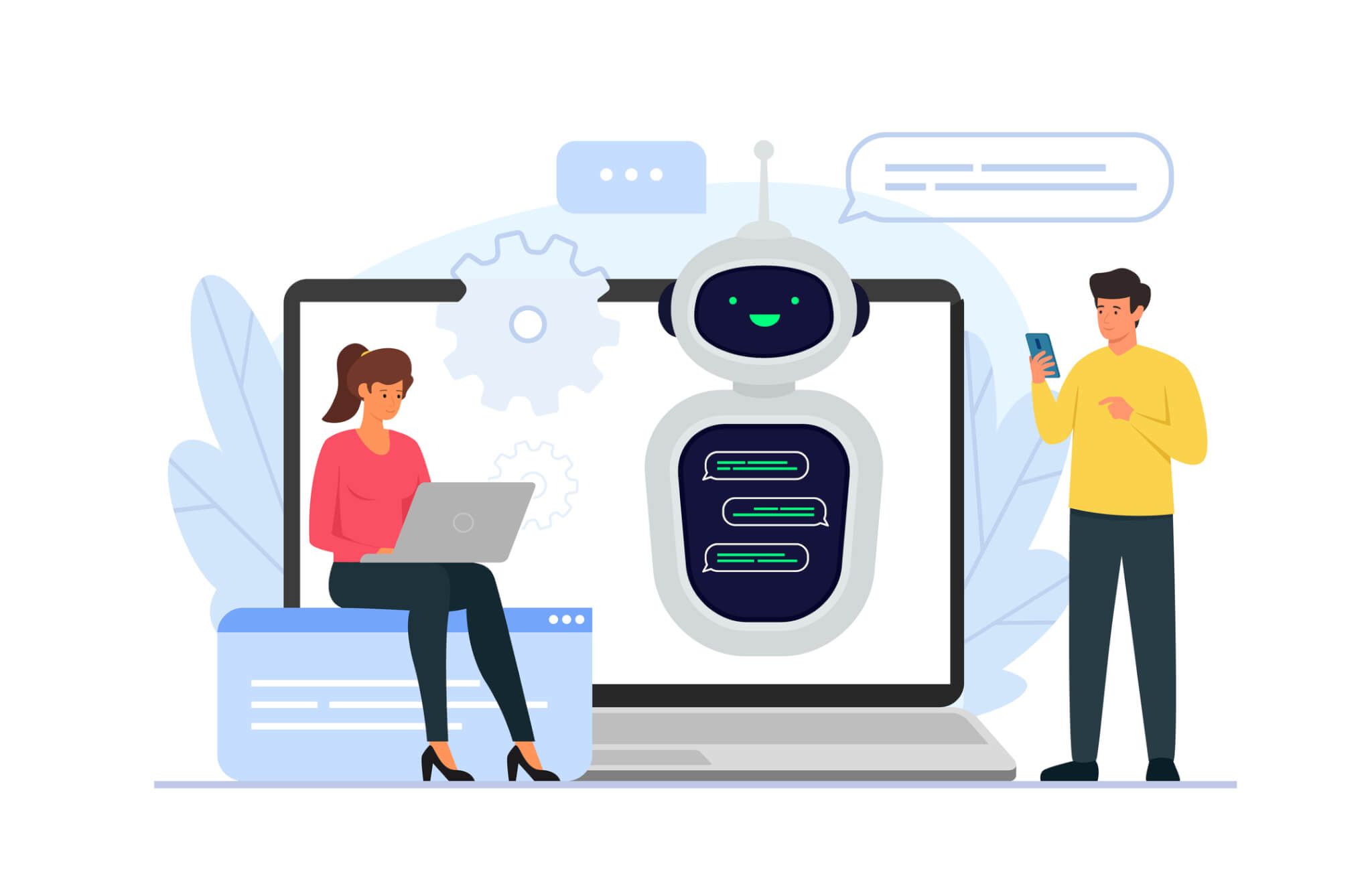Artificial intelligence (AI) is transforming digital marketing by enabling smarter decision-making, automating routine tasks, and providing deeper insights into consumer behavior. In cities like Dallas, Arlington, and across the DFW Metroplex, local businesses are increasingly adopting AI-driven marketing strategies to stay ahead of the curve.
At One Technology Services, headquartered in Irving, TX, we help businesses of all sizes integrate AI into their digital marketing efforts enhancing customer experience, driving ROI, and future-proofing campaigns. In this guide, we explore five practical ways to apply AI in your marketing services that deliver real value without relying on sales hype.
1. AI-Powered Content Creation
Content is the foundation of digital marketing, but producing it consistently is resource-intensive. AI helps generate, optimize, and personalize content efficiently.
Key Applications:
- Content Generation: Use AI tools to write first drafts, generate headlines, or create full blog posts tailored to your audience.
- Editing & Style: Tools like Grammarly and Hemingway enhance clarity and maintain brand voice.
- Visual Design: AI can also generate infographics, video snippets, and branded visuals for social media.
Local Advantage: Whether you’re targeting small businesses in Dallas or e-commerce startups in Arlington, AI helps you deliver more content at scale with less time.
2. Predictive Analytics for Campaign Optimization
With access to large datasets from web traffic, social media, and CRM platforms, AI can forecast user behavior and campaign outcomes before they happen.
What You Can Do:
- Analyze user journeys and behaviors
- Forecast campaign results and revenue impact
- Reallocate budgets dynamically for high-ROI performance
Why It Matters in DFW: With competition across tech-driven Texas markets, predictive analytics helps you stay ahead by adjusting strategy in real-time based on accurate forecasts.
3. Chatbots and Virtual Assistants for Customer Engagement
AI-powered chatbots offer 24/7 support, reduce workload, and personalize the customer journey.
Use Cases:
- Customer Service: Instantly respond to FAQs on your website.
- Lead Qualification: Gather user intent and funnel leads to sales reps.
- Personalization: Recommend services or solutions based on interaction history.
- Language Support: Serve multilingual communities across North Texas seamlessly.
Result: More engaged visitors, shorter response times, and better-qualified leads.
4. AI-Driven SEO Optimization
SEO is still crucial—and AI tools take it to the next level by helping you automate audits, spot keyword gaps, and outrank competitors.
AI Can Help You:
- Identify long-tail, localized keywords
- Audit technical SEO issues automatically
- Optimize metadata and content based on intent
- Track competitors and adjust backlink strategies
Impact for Texas Businesses: Stay visible in local and national search results, improve site performance, and attract relevant traffic from Dallas, Arlington, and beyond.
5. Personalized Marketing with AI
AI enables hyper-personalization that tailors every touchpoint—from emails to landing pages to a user’s interests and behaviors.
Capabilities Include:
- Dynamic content generation based on real-time data
- Behavior-based segmentation and targeting
- Personalized product or service recommendations
- Adaptive email campaigns and workflows
ROI-Boosting Benefit: Higher conversion rates, better retention, and lower acquisition costs especially vital in competitive Texas markets.
Bringing It All Together
From AI-enhanced content and predictive analytics to virtual assistants, SEO, and personalization these five strategies are proven ways to unlock efficiency and impact in your digital marketing services.
At One Technology Services, we help local and national clients apply AI without disrupting their existing workflows. We believe technology should empower your marketing—not complicate it.
Key Takeaways
- Create Smarter Content: AI tools reduce content bottlenecks and maintain brand tone.
- Forecast with Confidence: Predictive analytics help you invest where it matters most.
- Engage Around the Clock: Chatbots ensure no customer is left waiting.
- Stay Visible: Use AI-driven SEO to dominate search results in your industry.
- Market Personally: AI turns data into relevance, boosting engagement and retention.
Conclusion
The future of digital marketing lies in intelligent automation and strategic personalization and AI is your gateway to both. Businesses in Dallas, Arlington, Irving, and throughout the DFW area can no longer afford to delay AI adoption.
Whether you’re scaling your digital agency or transforming internal marketing operations, AI offers tools that enhance creativity, cut inefficiencies, and drive measurable growth.
Let’s future-proof your marketing, together.
Read More:
How AI and Automation Are Changing Digital Marketing
How to Plan for Maintenance and Updates in Custom Software Development
Maximizing Your Email Marketing ROI: 8 Strategies for Better Returns

